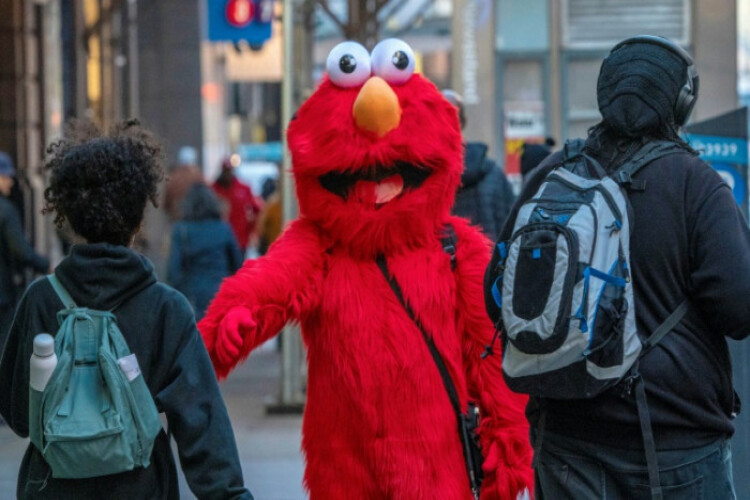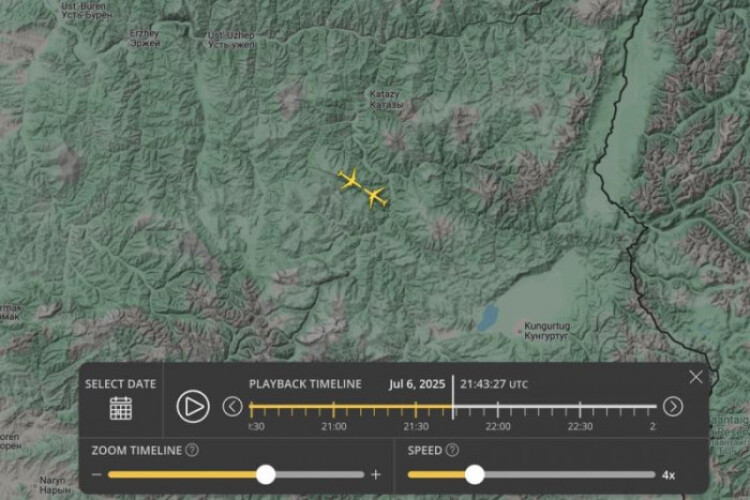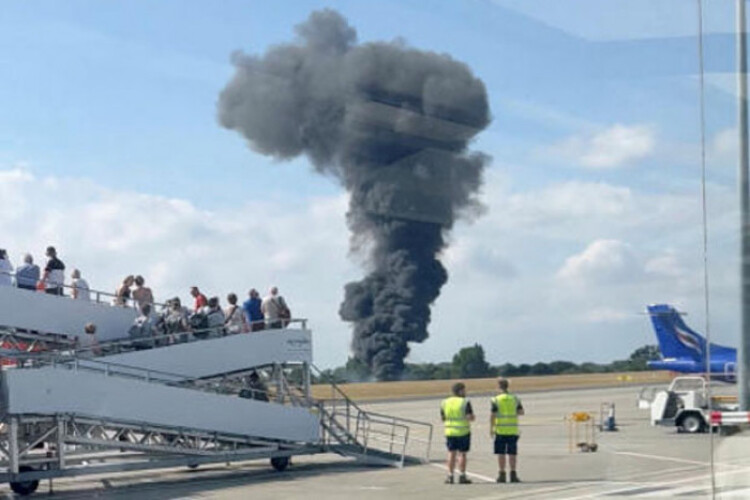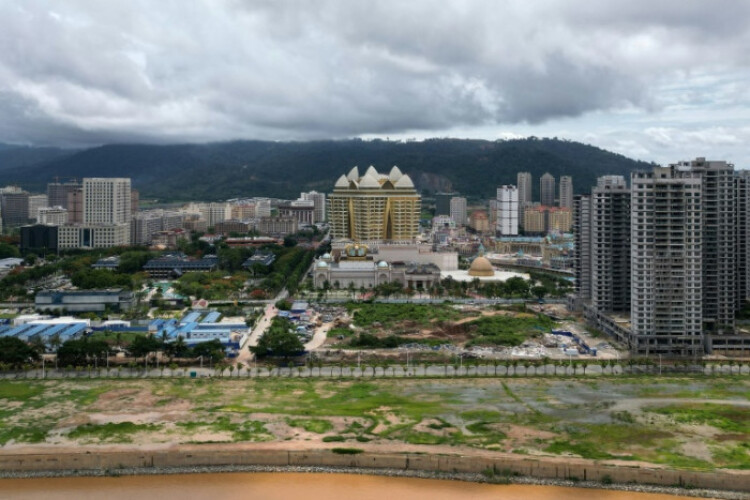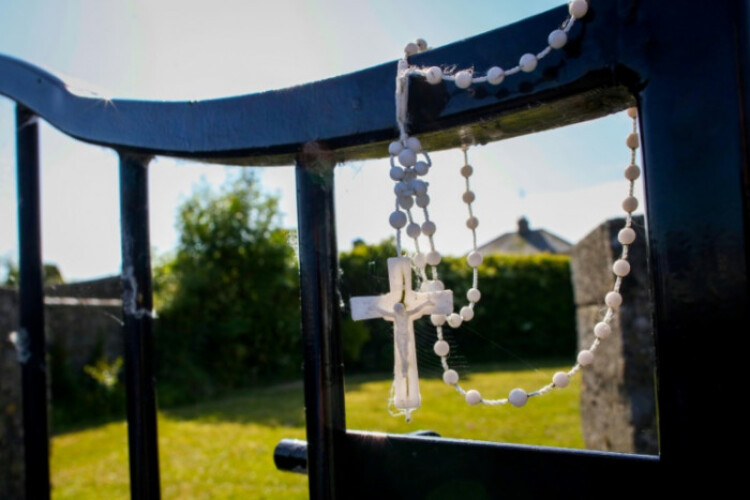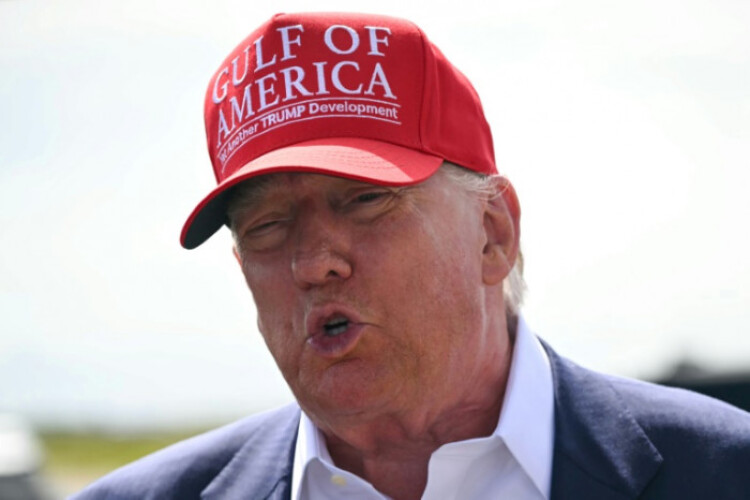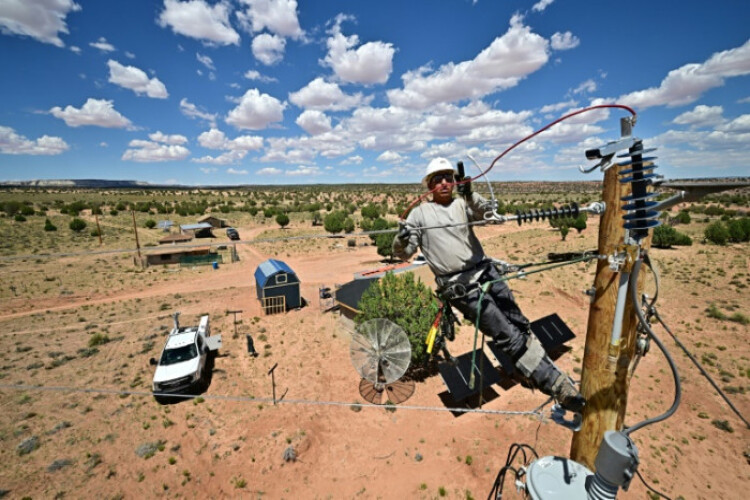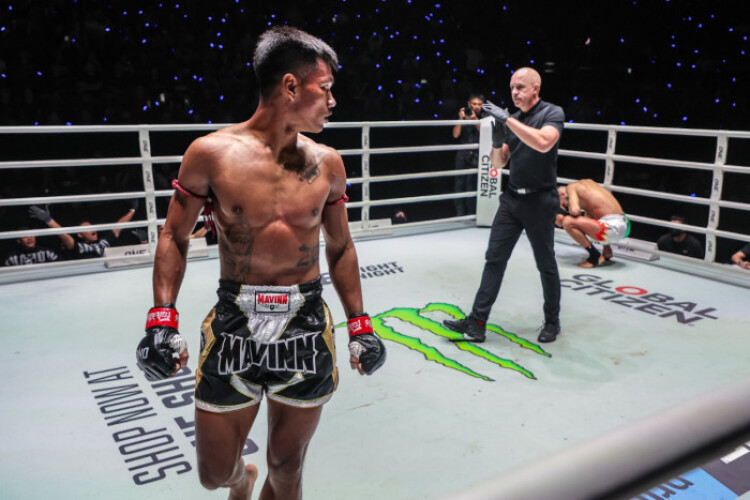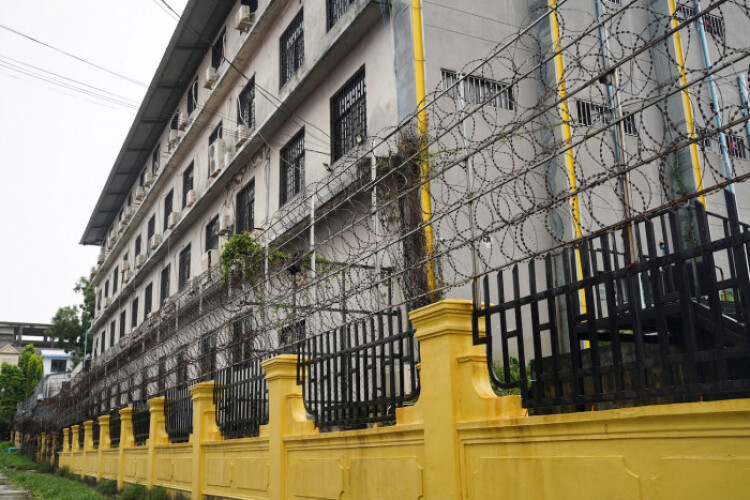
A Cambodian court on Tuesday charged an investigative reporter known for exposing corruption and human trafficking, and whose arrest drew concern from rights groups and the US government, with “inciting social unrest”, meaning he may face two years in prison.
The Phnom Penh Municipal Court said that Mech Dara, who has worked for local and international media, had posted “provocative” and “false” messages and pictures about a rock quarry on a sacred mountain.
He was sent to pretrial detention in Kandal province, according to a statement by civil society organisations working in the country, who said the charges carry a maximum prison sentence of two years.
Dara was arrested a day earlier by military police who stopped his car at a highway toll booth on the border of Koh Kong and Sihanouk provinces in the southwest of the country, the statement said.
Prior to his detention, local officials issued a statement on Facebook accusing Dara of wanting to “cause social disorder or confusion” through an image he posted showing quarrying at Ba Phnom in Prey Veng province, an important religious and historical site, the groups said.
“Dara must be freed so he can continue his work to shed light on issues like human trafficking, forced labour and corruption,” said the co-director of one of the signatories, Licadho’s Naly Pilorge.
“Arresting one of Cambodia’s bravest journalists will have a devastating effect on access to information for all Cambodians.”
Reuters was unable to independently confirm details of the arrest.
Dara was given a hero award last year by US Secretary of State Antony Blinken, recognising his work exposing the existence of massive scam compounds staffed mostly by trafficked workers in Cambodia.
The US State Department was aware of reports of Dara’s arrest, a spokesperson said, adding “we are following developments closely with great concern”.
Southeast Asia has in recent years emerged as the epicentre of a multibillion-dollar criminal industry targeting victims globally with fraudulent crypto and other schemes, often operating from fortified compounds run by Chinese syndicates and staffed by trafficked workers.
Washington last month sanctioned Cambodian businessman and ruling party Senator Ly Yong Phat, nicknamed the “king of Koh Kong” after his influence over his home province, over alleged connections to the industry. The senator has expressed regret over the US measures, which Cambodia’s government said were politically motivated.
Cambodia once had a flourishing local media scene but has sunk close to the bottom of global press freedom indexes in recent years as authorities have shuttered the remaining independent outlets, several of which Dara worked for.
At the time, the journalist, who had worked his way up from handling archives to breaking big news, told BBC News every newsroom he had worked in had been silenced.
Cambodia’s government has maintained it does not stifle free speech but will punish those who break laws.
The Phnom Penh Municipal Court said that Mech Dara, who has worked for local and international media, had posted “provocative” and “false” messages and pictures about a rock quarry on a sacred mountain.
He was sent to pretrial detention in Kandal province, according to a statement by civil society organisations working in the country, who said the charges carry a maximum prison sentence of two years.
Dara was arrested a day earlier by military police who stopped his car at a highway toll booth on the border of Koh Kong and Sihanouk provinces in the southwest of the country, the statement said.
Prior to his detention, local officials issued a statement on Facebook accusing Dara of wanting to “cause social disorder or confusion” through an image he posted showing quarrying at Ba Phnom in Prey Veng province, an important religious and historical site, the groups said.
“Dara must be freed so he can continue his work to shed light on issues like human trafficking, forced labour and corruption,” said the co-director of one of the signatories, Licadho’s Naly Pilorge.
“Arresting one of Cambodia’s bravest journalists will have a devastating effect on access to information for all Cambodians.”
Reuters was unable to independently confirm details of the arrest.
Dara was given a hero award last year by US Secretary of State Antony Blinken, recognising his work exposing the existence of massive scam compounds staffed mostly by trafficked workers in Cambodia.
The US State Department was aware of reports of Dara’s arrest, a spokesperson said, adding “we are following developments closely with great concern”.
Southeast Asia has in recent years emerged as the epicentre of a multibillion-dollar criminal industry targeting victims globally with fraudulent crypto and other schemes, often operating from fortified compounds run by Chinese syndicates and staffed by trafficked workers.
Washington last month sanctioned Cambodian businessman and ruling party Senator Ly Yong Phat, nicknamed the “king of Koh Kong” after his influence over his home province, over alleged connections to the industry. The senator has expressed regret over the US measures, which Cambodia’s government said were politically motivated.
Cambodia once had a flourishing local media scene but has sunk close to the bottom of global press freedom indexes in recent years as authorities have shuttered the remaining independent outlets, several of which Dara worked for.
At the time, the journalist, who had worked his way up from handling archives to breaking big news, told BBC News every newsroom he had worked in had been silenced.
Cambodia’s government has maintained it does not stifle free speech but will punish those who break laws.

